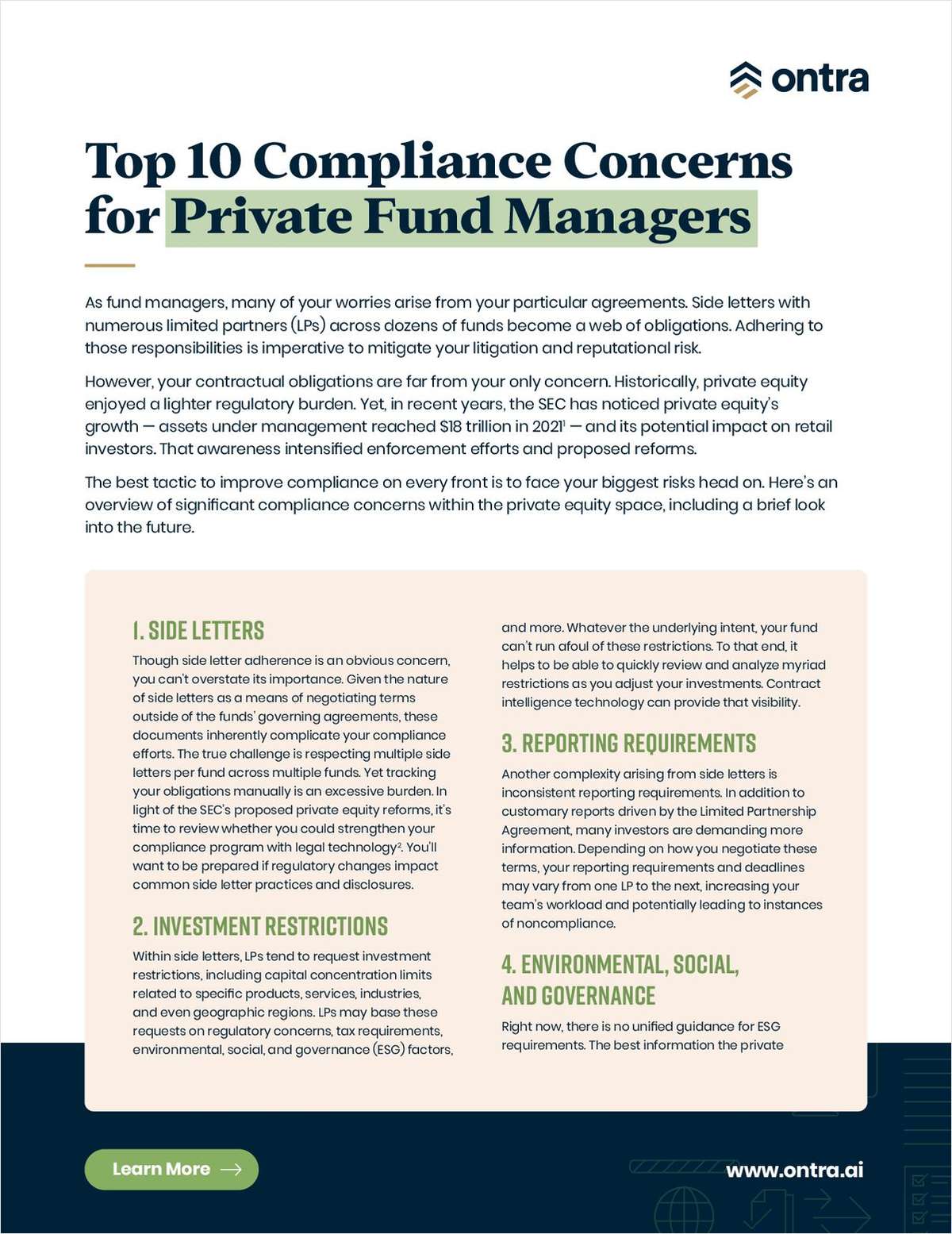Third-party financers are fueling investor-state arbitration battles
2018 saw more investor-state cases filed than any previous year, an indicator that parties may be getting more outside help to advance their claims.
February 13, 2019 at 03:42 PM
7 minute read
The original version of this story was published on The American Lawyer

International arbitration falls into two categories, and for one of them – investment arbitration – 2018 was the busiest year ever.
The International Centre for Settlement of Investment Disputes (ICSID), part of the World Bank, handles disputes between foreign investors and host states. It found that more investor arbitrations were registered in the previous calendar year than any other, continuing a growth trend dating to the late 1990s.
NOT FOR REPRINT
© 2024 ALM Global, LLC, All Rights Reserved. Request academic re-use from www.copyright.com. All other uses, submit a request to [email protected]. For more information visit Asset & Logo Licensing.
Law Firms Mentioned
Trending Stories
- 1The Law Firm Disrupted: For Big Law Names, Shorter is Sweeter
- 2How I Made Office Managing Partner: 'If You Are Aware of Areas for Improvement and You Can Play a Role in That, Speak Up,' Says Jennifer Mellott of Freshfields
- 3'I'm Staying Everything': Texas Bankruptcy Judge Halts Talc Trials Against J&J
- 4What We Know About the Kentucky Judge Killed in His Chambers
- 5Burns & Levinson to Wind Down After 64 Years in Boston
Featured Firms
Law Offices of Gary Martin Hays & Associates, P.C.
(470) 294-1674
Law Offices of Mark E. Salomone
(857) 444-6468
Smith & Hassler
(713) 739-1250









